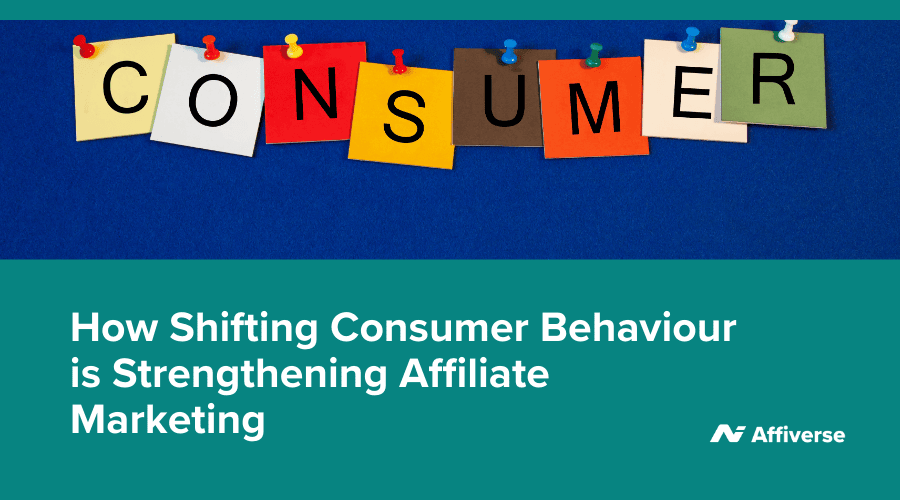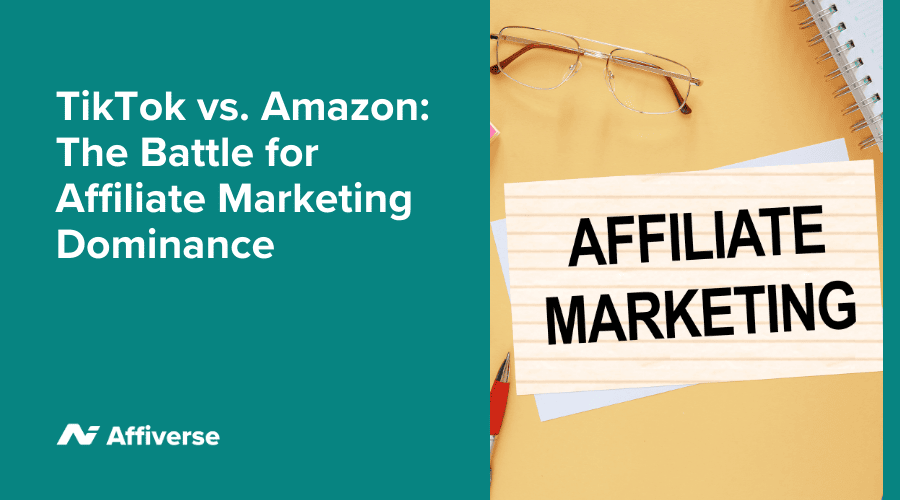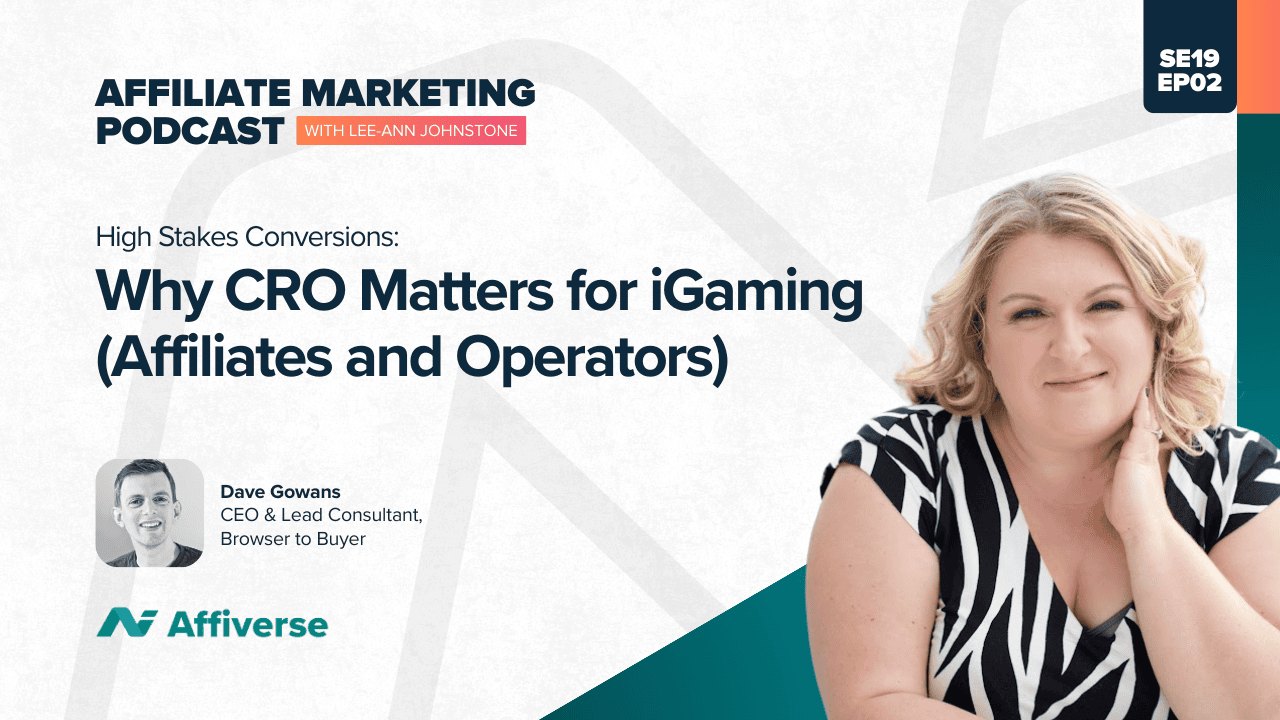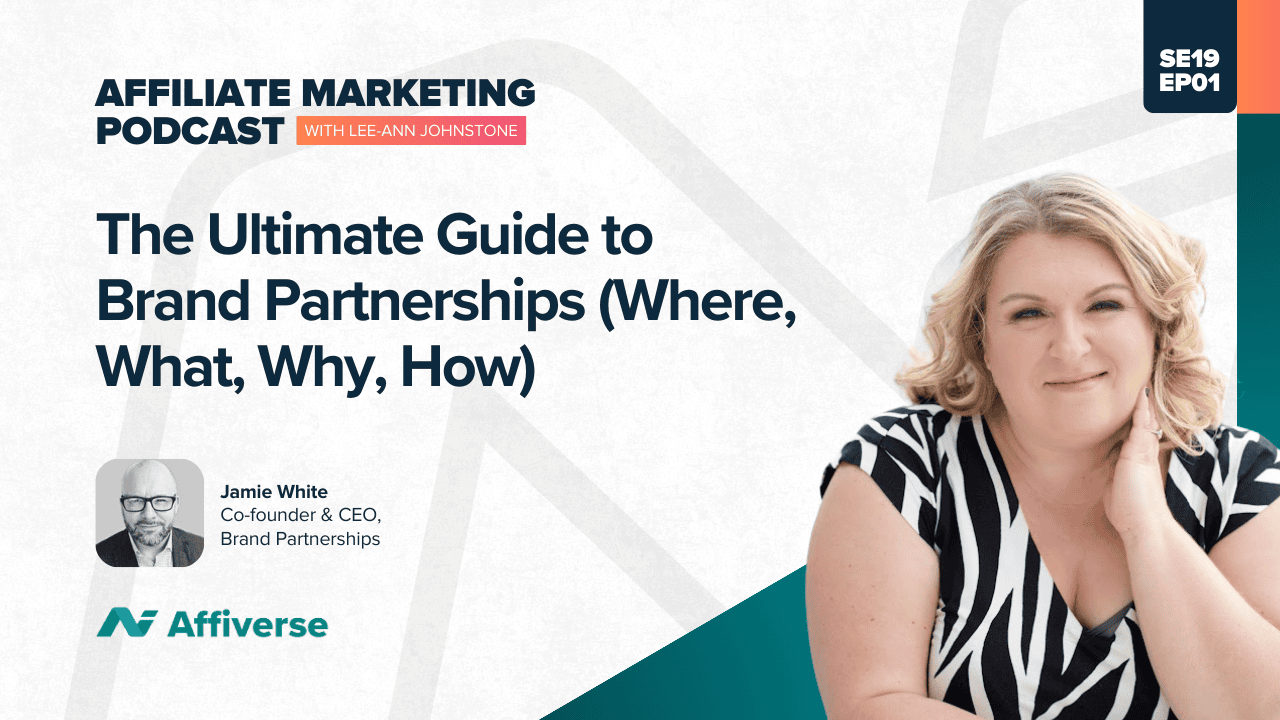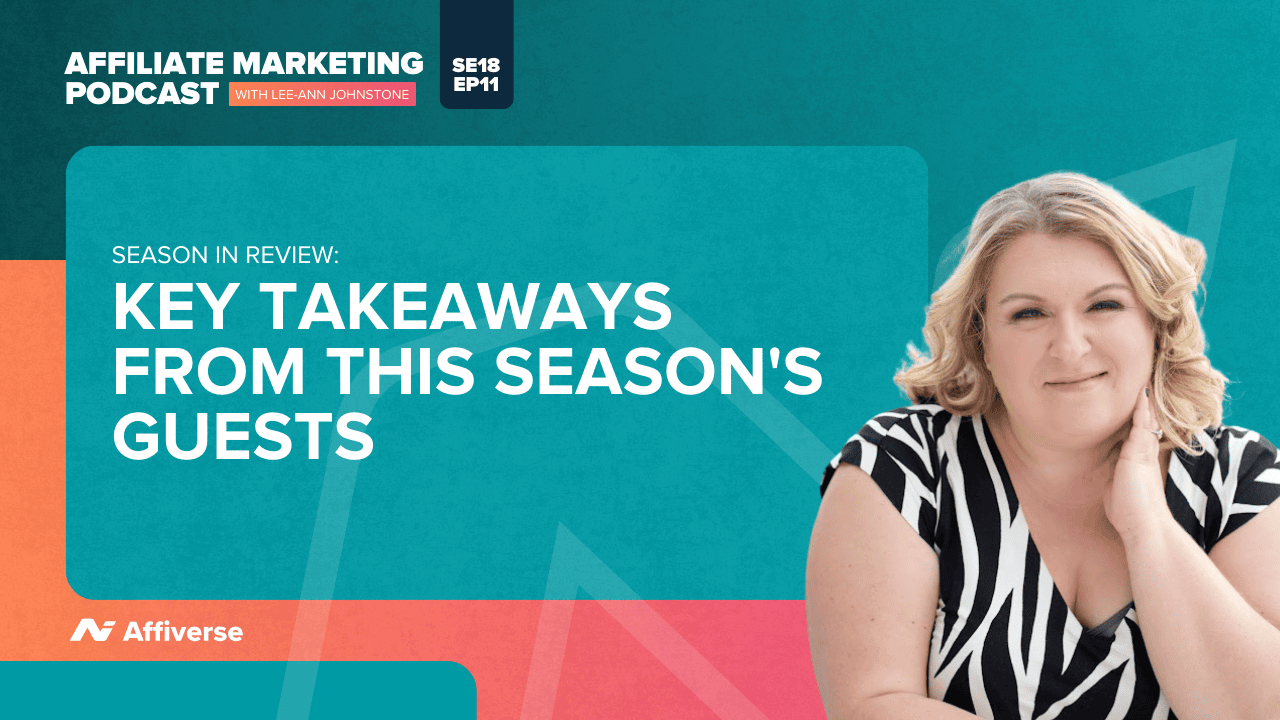AI-generated content is becoming a significant part of digital platforms like YouTube, Spotify, and Audible.
Each platform, however, has set its own rules for how creators can use AI in their work, balancing innovation with authenticity. Here’s a deep dive into what these platforms are doing to manage AI-generated content and what creators need to know.
YouTube and AI: Keeping It Authentic
YouTube has long been a home for creators of all types, but the rise of AI tools like ChatGPT and DALL-E has led to an influx of AI-generated videos. Whether it’s using AI for video scripts, voiceovers, or music, YouTube’s guidelines are evolving to address this shift.
YouTube has embraced AI to a certain extent. For example, content creators can use AI to help with tasks like transcription or even automatic video generation. However, the platform has clear policies regarding deceptive AI content. If a video uses AI to impersonate someone, especially a public figure or another content creator, it could be flagged for removal. YouTube’s policy is especially strict about deepfakes or misleading AI-generated content that could spread misinformation. This includes videos that modify the appearance or voice of a person to make it look like they are saying or doing something they didn’t.
For creators using AI tools, the key is transparency. YouTube values originality and authenticity, so while you can use AI tools to enhance your content, you must be upfront about it. Misleading your audience, either through undisclosed AI use or creating fake content, could lead to penalties on the platform, including demonetization or even bans.
Spotify: Embracing AI with Caution
Spotify, one of the biggest platforms for music streaming, is also grappling with the rise of AI-generated music. Musicians and producers are now using AI to create entire tracks, whether it’s through synthesised instruments, auto-tuned vocals, or completely AI-generated compositions.
Spotify has embraced some forms of AI in music production, especially in tools like auto-tune and other effects that have become common in the industry. However, there are still boundaries. The platform draws a hard line against AI-generated music that impersonates artists without their consent. AI-generated music can be innovative and exciting, but when it starts to blur the line between human artistry and machine production, Spotify steps in. Impersonating well-known artists using AI is not allowed, as it undermines the authenticity of their music.
Another issue Spotify is addressing is the potential for AI-generated deepfakes in music. Deepfakes in the music world can involve using AI to create songs that sound like they were made by famous musicians, even though they had no part in the creation. Spotify has policies in place to prevent these AI-generated impersonations from being published.
Audible: The Voice of AI
Audible, the popular audiobook platform, has been experimenting with AI for some time, particularly in the area of narration. One of the biggest challenges for audiobook production is the cost and time involved in hiring human narrators. AI-generated voices offer a solution to this, potentially speeding up production and reducing costs.
While Audible has started testing AI narrators for certain projects, it remains committed to high-quality, human-sounding narration. For now, most of Audible’s audiobooks are still narrated by human professionals. The platform uses its ACX (Audiobook Creation Exchange) to connect authors and narrators, ensuring that listeners continue to enjoy human-voiced content.
However, AI-generated voices could open up new possibilities for self-published authors and smaller content creators who might not have the budget to hire a professional narrator. AI narrators can create decent quality audio that can be quickly produced at a lower cost. The quality of AI narration is improving, but Audible remains cautious about rolling it out on a large scale, as human narration still holds a lot of appeal for listeners.
Audible’s stance on AI narration shows that the platform is open to technological innovation but doesn’t want to sacrifice the quality of its content. As AI technology improves, it’s possible that more audiobooks on Audible will feature AI-generated narration, but for now, human voices still reign supreme.
The Future of AI Content on Major Platforms
The rise of AI-generated content has raised many questions about the future of creativity and authenticity in digital media. Platforms like YouTube, Spotify, and Audible are navigating a tricky landscape, trying to encourage innovation while protecting the integrity of their content.
For content creators, it’s essential to stay informed about the rules around AI use on these platforms. While AI can be a powerful tool to enhance creativity, transparency is key. Misleading your audience or using AI to impersonate others is not only unethical but can also result in penalties from the platforms themselves.
In the future, we can expect these rules to continue evolving as AI technology advances. Creators will need to adapt to these changes while finding new ways to use AI responsibly and ethically in their content. Whether it’s an AI-generated song, video, or audiobook, authenticity and transparency will remain the guiding principles for creators and platforms alike.



